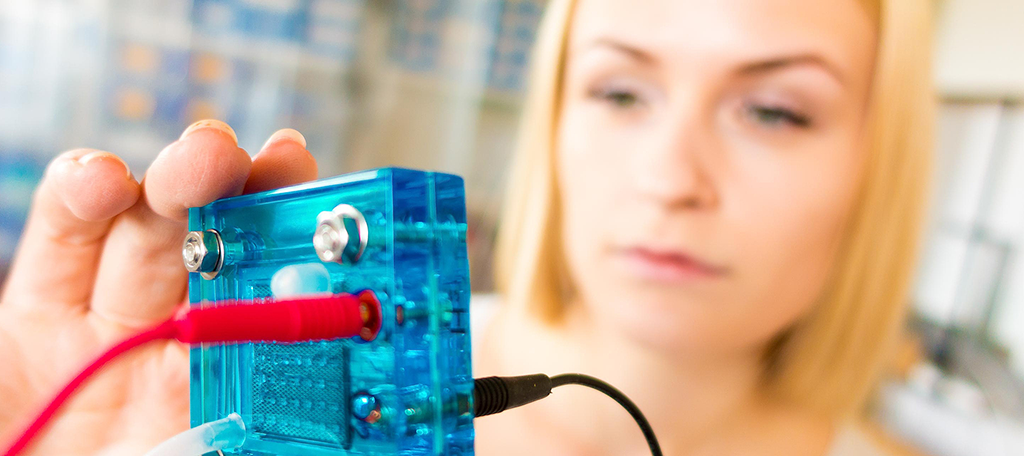A new announcement by Siemens could see an influx of new hydrogen-powered trains in Germany. Currently, 40% of the railways in Germany have not been electrified, which means only trains with a diesel engine can operate on those tracks.
However, that could soon change.
For years, hydrogen power has been a promising clean fuel that could replace traditional fuel sources, and now many companies are starting to utilize it. Hydrogen-powered trains are not new and are currently in use in France.
And Germany may be the next country to utilize them. And it could be as soon as 2024!
How do they Work?

Hydrogen-powered trains utilize fuel cells that convert interactions between hydrogen and oxygen molecules into electricity. The electricity is then stored in batteries, which have also been improving over the years as a result of the electric car revolution.
However, unlike electric vehicles, there is a form of “waste” in the process.
Water.
Yup, these trains will generate water, which is collected in a separate container. However, while the water is less acidic than rainwater, it is not recommended to drink without processing.
Though, this is much better than producing harmful greenhouse gasses.
Will It Have a Big Impact?
Absolutely!
Trains represent 17% of freight deliveries in Germany. And even with diesel-powered trains in operation, they still produce fewer emissions than trucks. Adding even more incentive to companies looking to cut emissions could be the push they need.
And of course, that means the 17% market share they already make up will reduce carbon emissions.
On top of this, Germany is already lowering the price of train tickets to help incentivize normal travel. After all, trains produce fewer emissions than vehicles on the road, especially on long trips. This also shares the goal of reducing the number of flights.
After all, the airline industry has a huge emissions problem.


